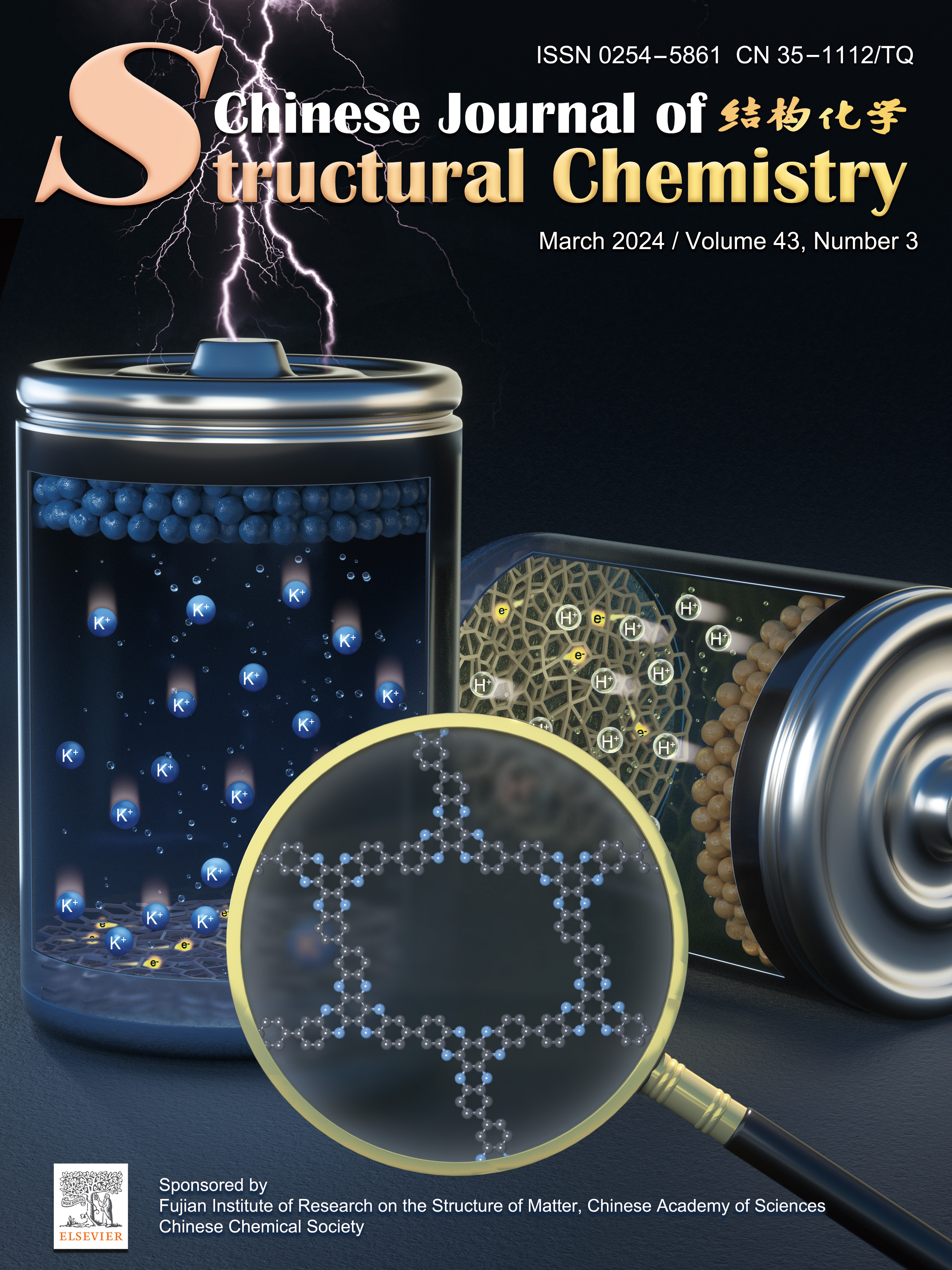
Long-lifespan aqueous alkaline and acidic batteries enabled by redox conjugated covalent organic polymer anodes
Yuanzhe Lu, Yuanqin Zhu*, Linfeng Zhong*, Dingshan Yu*
Submit a Manuscript
Xiaoyan Peng, Xuanhao Wu, Fan Yang, Yefei Tian, Mingming Zhang, Hongye Yuan*
Chin. J. Struct. Chem., 2024, 43: 100251. DOI: 10.1016/j.cjsc.2024.100251
March 15, 2024
Metal-organic frameworks (MOFs); Gas sensors; Integration approach; Sensing performance
ABSTRACT
The need for high-performance and cost-effective gas sensors in industrial and domestic settings has led to advancements in gas sensors based on metal-organic frameworks (MOFs). However, challenges remain in the design and synthesis of MOFs with customized structure and affinity toward targeted gases and their integration onto miniaturized electronic devices. The deliberate design of MOFs with desired characteristics is hindered by limited understanding of the interactions between MOFs and analytes. Furthermore, there is a lack of customization of relevant MOF-based sensors with salient sensing performance and their integration into sensor arrays to align with different application scenarios. The combination of machine learning or artificial intelligence (AI) with gas sensors also represents a promising avenue for future research. Herein, we provide a mini-review of recent accomplishments in MOF-based gas sensors, covering materials design and device integration. The challenges of miniaturization and building smart sensing systems with anomaly detection, self-calibration, and lifetime prediction are also discussed.






